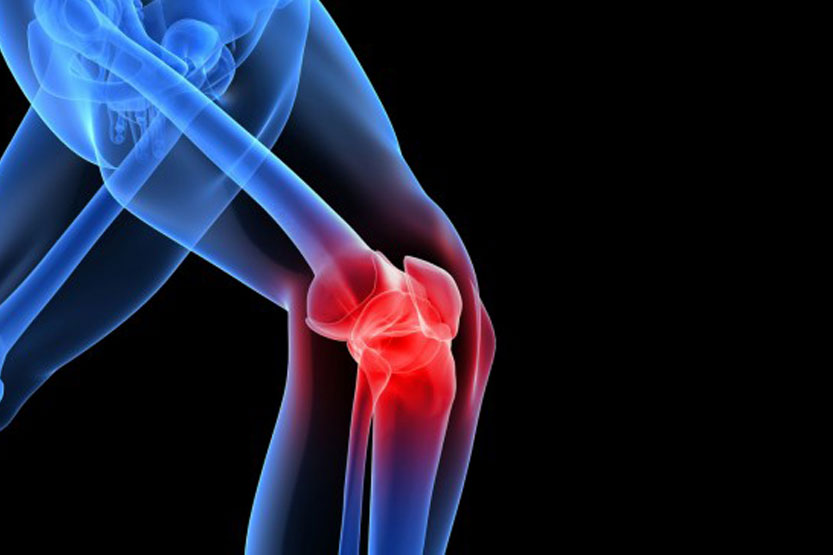Understanding MCL Injuries: Causes & Care
Physiotherapy
What You Should Know!

You have injured the inside of your knee. You’re told it is a medial collateral ligament sprain. But…. What does this mean?
The medial collateral ligament (also known as the MCL) is a fibrous band of soft tissue which runs down the inside of the knee from the thigh bone (femur) to the shin bone (tibia). It consists of deep and superficial fibres which run both vertically and obliquely.
The MCL is one of four ligaments which help to stabilise the knee. The primary responsibility of the MCL is to resist valgus force, which is where the foot/lower leg is forced outwards in relation to the knee. When there is an extreme valgus stress applied to the outside of the knee, the MCL can become stretched or even tear.
The mechanism of injury to an MCL injury can be classified as either direct or indirect. Indirect mechanisms include landing awkwardly from a jump, changing direction and twisting on a planted foot. The deep portion of the MCL is linked to the rotational mechanisms of injury while the superficial portion can be injured without a rotational force. Direct MCL injuries are common in sports such as soccer where a tackle contacting the outside of the knee can force the knee inwards resulting in ligament damage.
Now you have a better understanding of your medial collateral ligament injury, I am sure your main question is… How do I fix it and how long will it take?
Identifying the severity of an MCL injury will help determine a prognosis and help guide the treatment. MCL injuries are graded based on the findings of a physiotherapist assessment looking at pain, tenderness, swelling and results of an MCL stress test. Scans such as an MRI can help confirm the diagnosis but are not always a necessity. They are most commonly used to differentiate superficial vs deep fibre involvement in higher grade MCL injuries.
It is the grade of MCL injury which will determine the course of treatment however most MCL injuries are managed conservatively. Healthproof Physiotherapy has all the skills required to assess and treat your MCL injury and guide you on the path to full rehabilitation.
References:
Naqvi, U., & Sherman, A. I. (2021). Medial Collateral Ligament Knee Injuries. PubMed.



